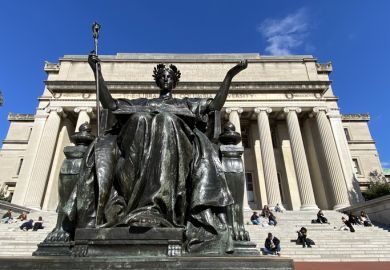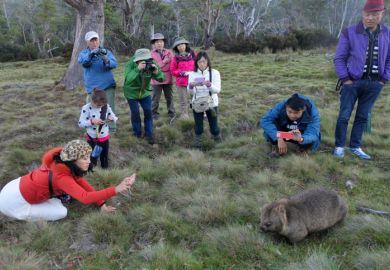It comes after the Scottish institution announced its intention to withdraw investments in the fossil fuel industry, a decision which angered some academics.
The proposed divestment is subject to reassurance that the financial impact for the university is acceptable, and it is expected to take place over the next 10 years. Around £18 million of current investments will be reallocated.
In a statement released on its website, Glasgow says that it wants to reassure staff and students over teaching and research in the fields.
“At a time when it has stated its intention to reduce over time its endowment investment in fossil fuels, the University of Glasgow is committed to sustaining and developing its vibrant range of teaching and research activities in energy science and engineering, including both fossil fuels and renewables,” it says in the statement.
These activities include: ensuring that undergraduate degree programmes equip students with the skills required in the fossil fuels industry; carrying out research activities addressing areas such as climate change, emissions minimisation and the progressive decarbonisation of fossil fuels; and researching how to make further fossil fuel use as sustainable as possible.
“In view of their impact on the climate, there is a need to reduce our reliance on fossil fuels, but it will be necessary to continue to use them for many decades to come,” the statement continues.
Paul Younger, Rankine chair of engineering and professor of energy engineering at the university, was one of those unhappy with the decision to disinvest from fossil fuel companies.
“Those of us who work on renewables and improving the sustainability of ongoing fossil fuel use have endured a harrowing few weeks, with very awkward questions from a number of our research sponsors, private and public, who were puzzled as to what the university intended,” he said.
“We are therefore relieved that the university has finally clarified its position as regards our research students and projects”.
Register to continue
Why register?
- Registration is free and only takes a moment
- Once registered, you can read 3 articles a month
- Sign up for our newsletter
Subscribe
Or subscribe for unlimited access to:
- Unlimited access to news, views, insights & reviews
- Digital editions
- Digital access to THE’s university and college rankings analysis
Already registered or a current subscriber? Login




